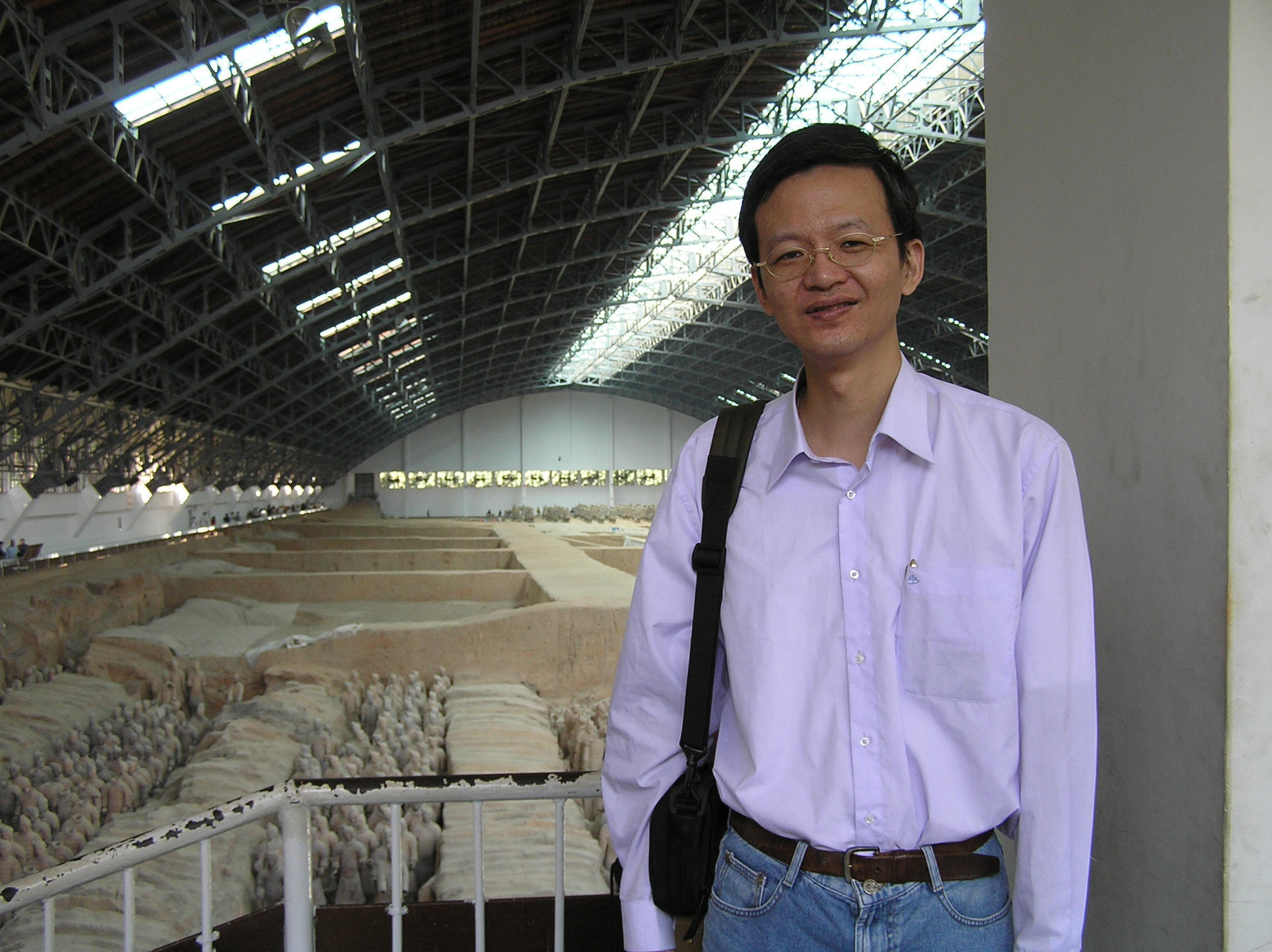Hung-Yao Ho
|
Hung-Yao Ho |
||
 |
||
|
Highest Degree |
Ph. D. in National Defense Medical Center Graduate Institutes of Life Sciences, Taiwan |
|
|
Areas of Specialty |
Tissue Engineering; Stem Cell Research; Gerontological Research; Redox Biology |
|
|
Office Phone |
3318 |
|
|
Lab phone |
5998 |
|
|
Research website |
Redox Biology and Redoxomics Research Laboratory |
|
|
|
||
|
Lab & Research Interest |
||
Variations in cellular microenvironment affect the susceptibility of host cells to pathogens. The roles of certain host factors such as redox status remain elusive. Recently, we have shown that the replication and cytopathogenicity of enterovirus are greatly enhanced when the cellular redox balance is tilted toward an oxidizing end. The mitochondrial function is altered during infection. We aim to study the underlying molecular mechanisms using molecular technologies, animal models and proteomic profiling. We found that antioxidant treatment deters viral infection. Herbal extract with antioxidant capacity alleviates the virulence and pathogenicity of virus and clinical outcome of infection.
Mitochondrion is a powerhouse, a major source of reactive oxygen species, as well as a regulator of cellular processes such as apoptosis. It is conceivable that mitochondrial dysfunction may play a role in cellular transformation and tumorigenesis. We have shown that alteration in mitochondrial functions and redox environment change the growth of tumor cells. This is our aim to study the mechanistic aspects using molecular technologies, animal models, transcriptomic and metabolomic profiling.
Pancreatic β cells secrete insulin and play an essential role in maintaining blood glucose level. Nutrient detection and insulin secretion by β cells depend on active metabolism in a process known as metabolism-secretion coupling. Metabolites are involved in regulation of these metabolic pathways, and activities of signaling proteins and exocytotic proteins. Any anomalies of such metabolic signaling may cause dysfunction In insulin secretion. It is believed that dysregulation of insulin secretion and β cell functions play important roles in pathogenesis of type 2 diabetes. Using molecular techniques, animal models omic technologies, we study the metabolic signaling in β cells and pathogenesis of type 2 diabetes. |
||
|
Publication |
||
|
||


